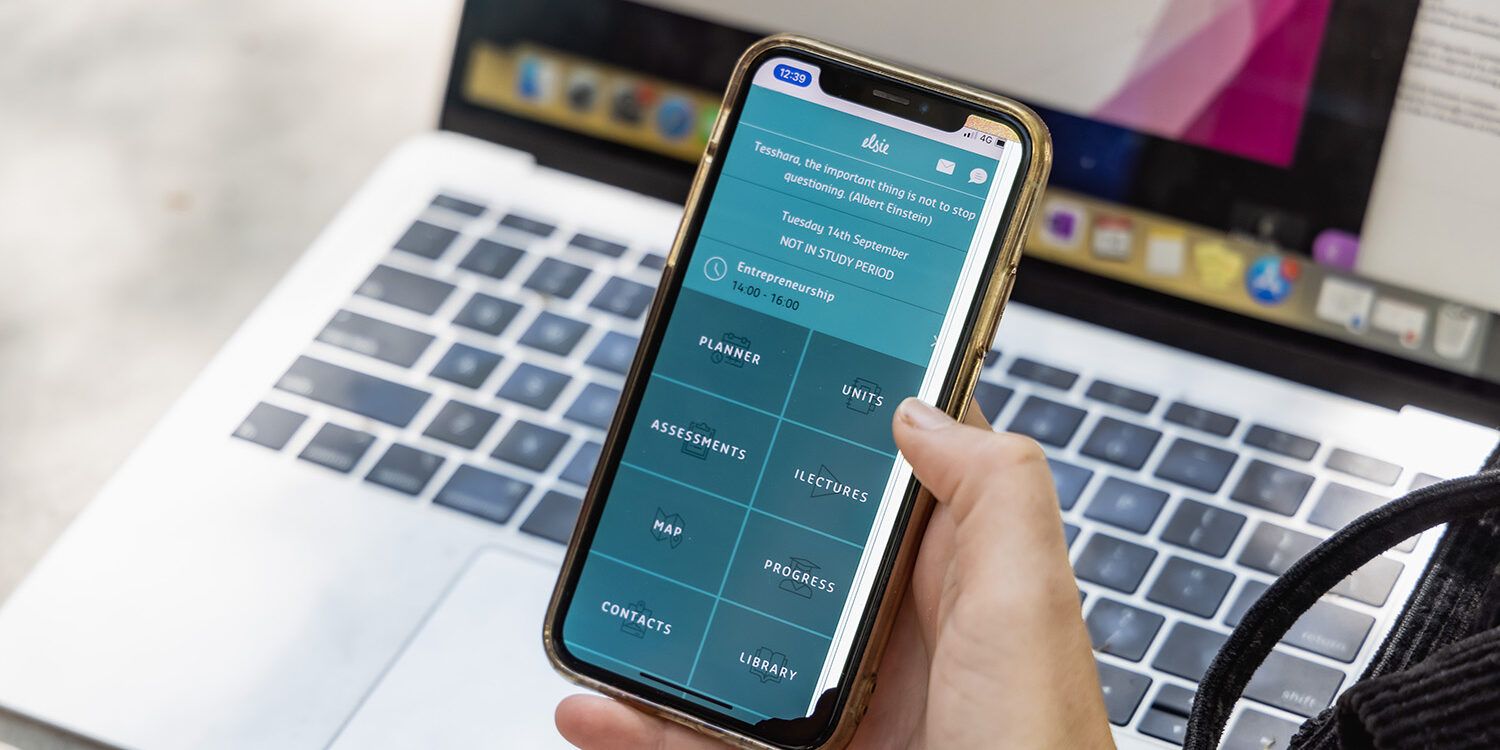Contract cheating

Curtin understands that students have busy lives and that working, studying and completing assignments can be stressful.
Sometimes, this can lead to a decision to take a shortcut with your academic work. You may be tempted to use help from generative artificial intelligence (Gen-AI) software, a friend, family member, or an online company offering writing or tutoring services, but this may put you at risk for contract cheating and potential blackmail.
What is contract cheating?
Contract cheating (also known as assessment outsourcing or ghost writing) can be defined as submitting written or creative work which has been drafted or produced by another – including Gen-AI software, friends, family, or a paid contracting service, and claiming authorship for it. This includes:
- Allowing someone or an organisation to draft or complete an assessment task on your behalf
- Contracting another person to do the work for you
- Purchasing work from another source
- Allowing or contracting another person to edit and substantially change your work
- Unapproved, inappropriate, or undisclosed use of Gen-AI software within an assessment task.
Curtin University acknowledges the contribution of UNSW for some information on this page.